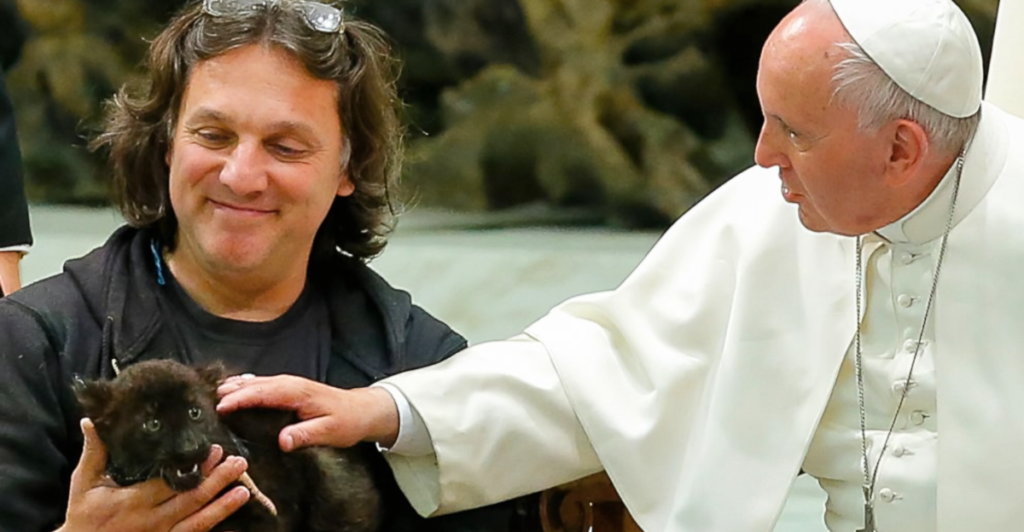
Pope Francis started a global debate by urging people to reconsider the ever-growing pet “family.” This growing trend has coupe adopting pets rather than having children. Pope Francis called it a modern selfishness that “diminishes us, takes away our humanity.”
His challenging view was not to condemn pet ownership but to look at the cultural shift of pets becoming a substitute and changing what it means to take part in parenthood.
Some of the Pope’s comments highlight other concerns, such as the erosion of human relationships and the consequences it could have on the birth rate. He wanted people to think about what really matters for families and communities.
A Look Back
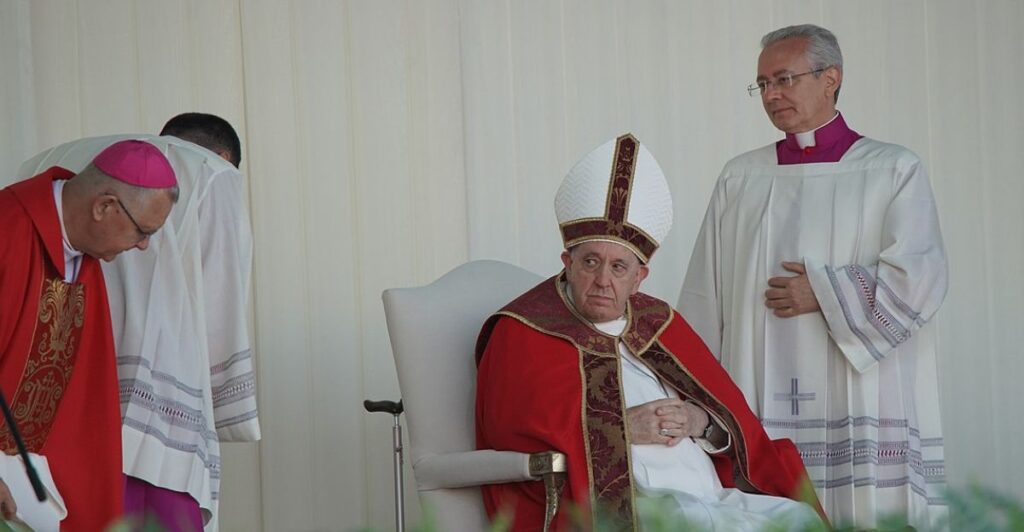
Pope Francis took his name from Saint Francis of Assisi, who was well-regarded as an animal lover. However, Pope Francis has never kept any pets of his own.
His views on pets are that they should never be prioritized over important responsibilities and shouldn’t replace human connection. He emphasized that duty should always come first, and urged the reprioritization of ownership of pets among his followers.
His perspective was that caring for animals is important, but they should never take the same place as having kids.
Fewer Babies
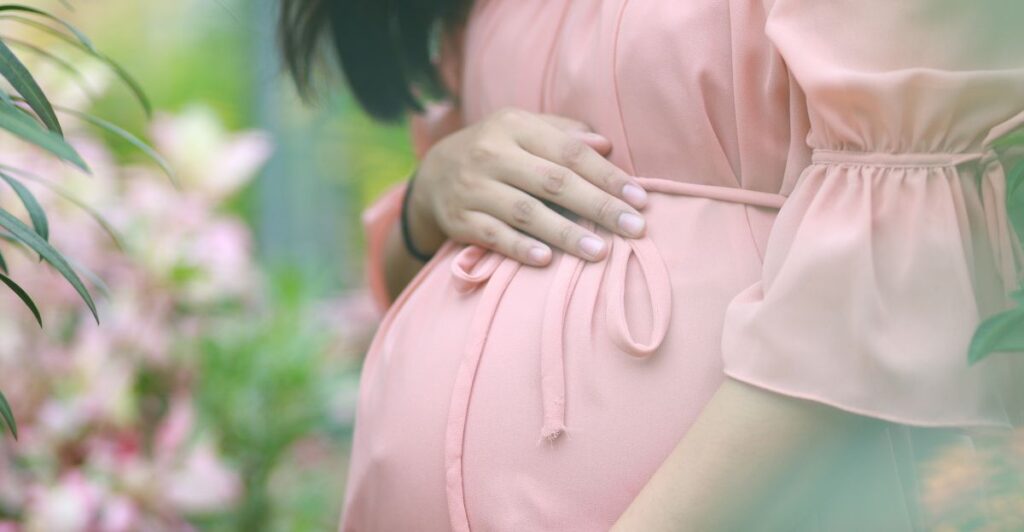
In the modern age, many people are opting to have pets instead of children due to a variety of factors. This only exacerbates the problem that many developed countries are already facing.
Birth rates are dropping at a steady pace and will be at a level that cannot keep populations stable. The repercussions of low birth rates are fewer workers, less economic growth, and a greater pressure on social services to care for the elderly.
Pope Francis was worried about how the prioritization of pets would change future societies and its implications for parenthood. Older generations will be harder to support and vibrant and diverse communities may become rarer.
Why Are Couples Getting Pets?

It’s important to understand why this trend is only increasing over time. Pets are much easier companions that have less commitment and sacrifice compared to raising a child.
They also provide unconditional love, making them amazing options for couples. However, there are many reasons why these pets are replacing children when there used to be space for both in couples’ lives.
Having a child is a substantial investment of time, hard work, and money. Many couples are not in positions where they can afford a child and would be irresponsible to have one.
Many Couples Can’t Have Children

There are a variety of reasons why some couples cannot have children. This could be due to infertility, not a stable enough income, or lack of a suitable environment for a child to be raised in.
Pope Francis wasn’t condemning couples that can’t have children, but was rather looking towards those that are in a position to have them yet would prefer not to.
This cultural change of values is seen in many younger couples, where they simply do not want to bring children into this world.
The Pet Industry

As pets become more popular alternative to children, the pet industry is thriving, with global spends on pet food and other supplies surpassing $90 billion every year.
This growth does have negative impacts on the environment, such as more resource use, pollutions, and additional waste. Producing pet food, much like human food, requires land and water to sustain the meat and grains that are used.
This growth, coupled with the decline in human populations, could have economic and environmental consequences in the future. Prioritizing pets over children has complicated effects that need more research to be fully understood.
What Makes Humans Special
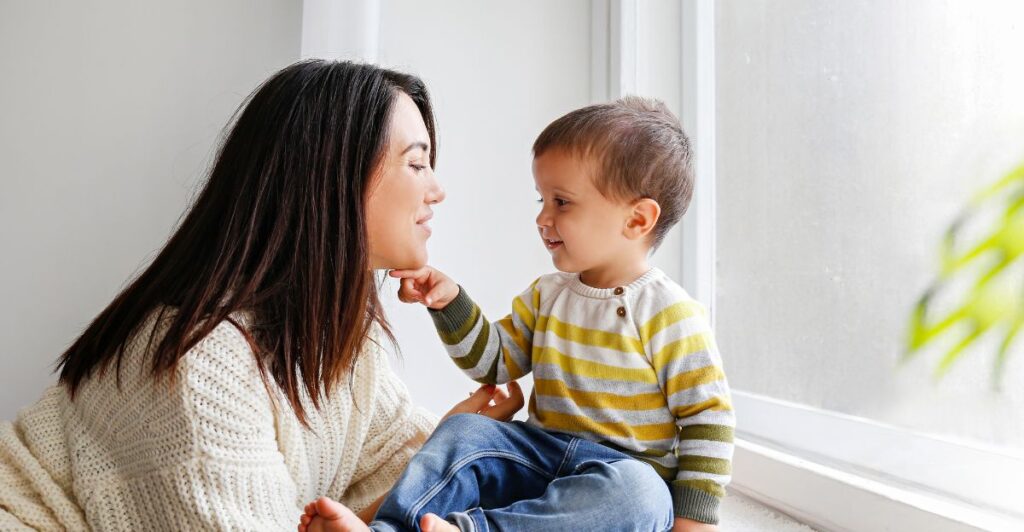
Pope Francis spoke from a religious standpoint, comparing the birth of human children as a unique creation that is made in the image of God. These implications spill into their potential to build culture and society, which animals cannot.
Treating pets as children blurs these distinct lines and can devalue human life or make it seem less important. Pets still have an important role to play in their households, and can ensure that nobody has to be lonely, especially those that aren’t in a position to have kids.
Although pets shouldn’t be blamed for a drop in population, the implications of fewer people being born mean that the future could be in jeopardy.
Adoption As An Alternative
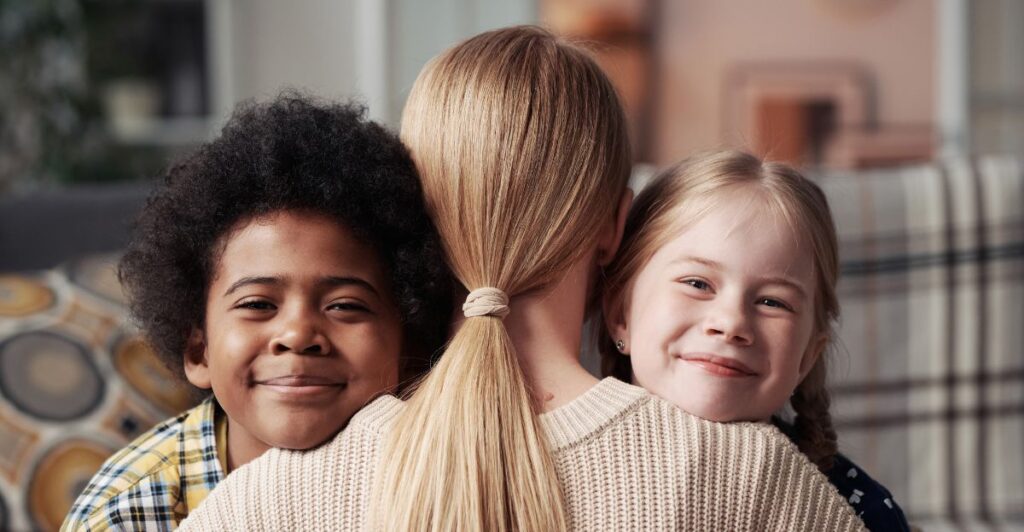
Pope Francis did not see people who cannot have biological children as an excuse for not having a child. He encouraged adoption and saw it as a generous and beautiful act of love.
Adoption helps find children loving homes who otherwise are shut out from the world, offering them a second chance at living a somewhat normal life.
Through adoption, couples can nurture the next generation, ensuring that the future remains stable. The Pope’s message includes parenthood that isn’t biological and sees it as the same.
Japan As An Example

Japan is a good example of what the Pope’s concerns could turn into. Japan has one of the lowest birth rates in the world, meaning there are more pets in the country than children.
With the population rapidly aging, there have had to be drastic shifts like schools closing, towns getting smaller, and an elderly population with no one to look after them.
This showcases an example of a society with fewer children who can have economic downturns and other consequences. Other countries are starting to face similar trends.
What We Can Learn
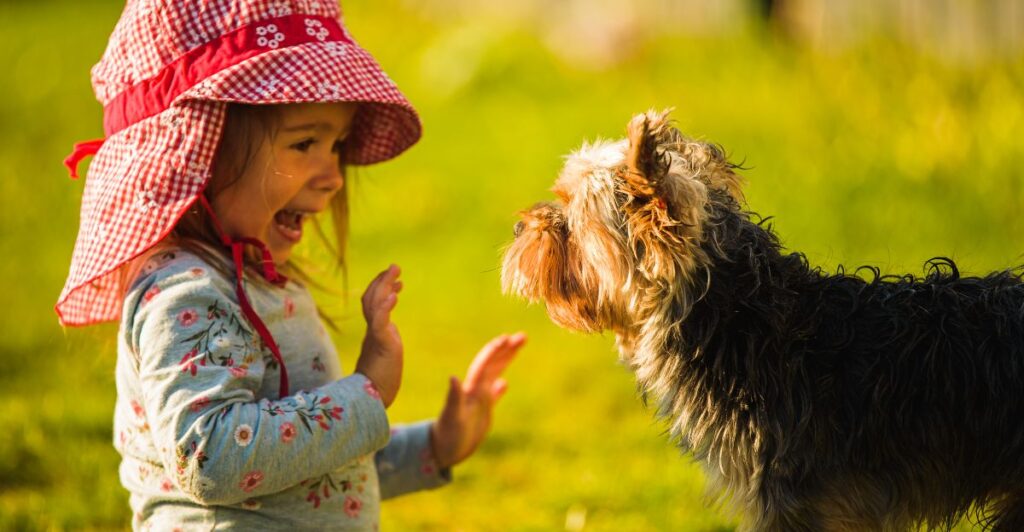
Raising Children is an important and special responsibility that will help keep future populations stable and economies up.
While pets are amazing companions, they cannot contribute to this complex problem that the world could face in just a few generations’ time. Many people would rather have pets instead of children, either because they can’t or they simply don’t want kids, but this doesn’t address the future implications of these actions.
The Pope was trying to encourage us to embrace harder and – subjectively – more meaningful paths like nurturing human life.
Explore more of our trending stories and hit Follow to keep them coming to your feed!

Don’t miss out on more stories like this! Hit the Follow button at the top of this article to stay updated with the latest news. Share your thoughts in the comments—we’d love to hear from you!







